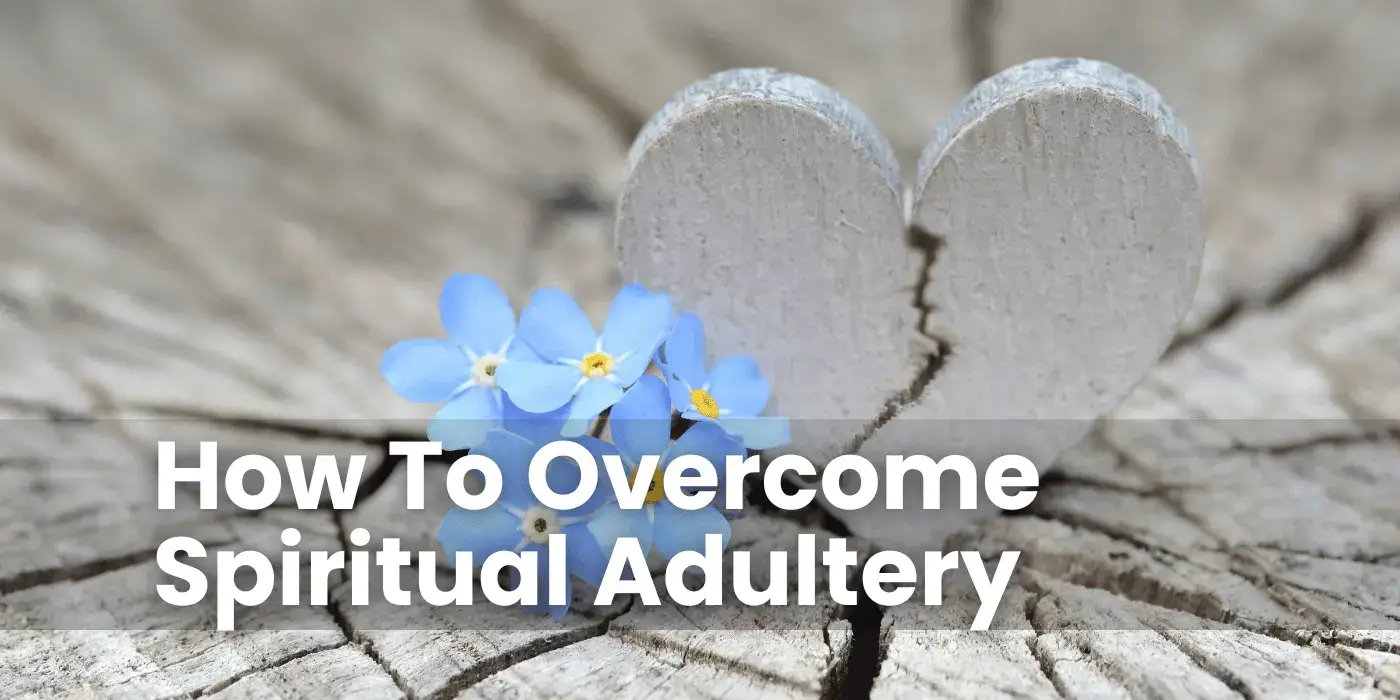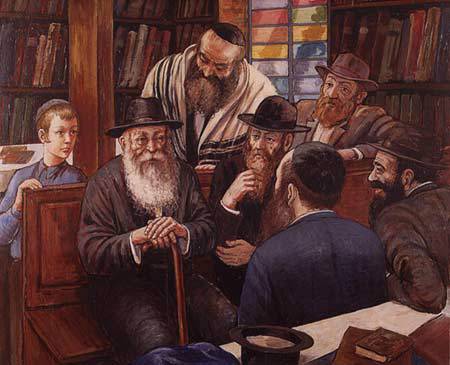You Are What You Eat
At the end of parshas Shemini, the Torah specifies which animals are permitted to eat and which ones are forbidden. Torah law requires that for an animal to be kosher it must have ‘split hooves’ and ‘chew its cud’.
Dietary laws are a very important component in Judaism and this is because the Torah teaches us that we absorb the qualities of the food we eat. Therefore, the laws of kashrus protect us from absorbing the negative attributes present in non-kosher animals and help us connect to the qualities of kosher animals.
How then do the special characteristics of ‘split hooves’ and ‘chewing cud’ teach me to be a better husband?
Are You Kosher Or Not?
In man’s spiritual avoda he greatly needs to distinguish between ‘’kosher’’ and non-kosher animals. The ‘nefesh behemis’, the animal drive, within the physical animal deals with physical things like eating, drinking, sleeping and all the other bodily needs.
To be a ‘kosher’ animal is to utilize our animal drive to engage in physical needs according to the laws of the Torah and ‘LeShem Shamayim’, for the sake of Heaven.
However, an ‘impure’ and non-kosher animal drive is when our engagement in physical matters does not facilitate the service of Hashem and even hinders it.
Oftentimes it’s easy to tell when I’m acting like a ‘kosher’ animal and when I’m not, but sometimes the ‘yetzer hara’, the evil inclination can ‘appear’ to be holy. When I tell my wife that I don’t want to miss mincha and run out of the house leaving her in the chaos of kids and dishes, what appears to be ‘holy justification’ is really treif.
How then, can I know if what I’m doing is really from the side of kedusha or not? In cases like these we need ‘simanim’, signs.
The Power To Separate But Not Totally
The first sign of a kosher animal is ’split hooves’. The hoof, mystically speaking, represents the ability to naturally separate between spiritual and physical pursuits. For example, when one is at the dinner table or in the bedroom, I don’t want to let my thoughts and feelings get totally immersed in the physical pleasures. Total absorption of my mind and heart I reserve for Torah study and prayer.
Nonetheless, the Torah teaches that the ‘hoof’ needs to be split. This means that even though it’s necessary to separate between the spiritual and physical, the light of the soul should still be able to penetrate into the physical. The physical is not just something I do to ‘stay alive’ but rather can be used as vessels through which I can serve Hashem.
If the physical is disconnected totally from the spiritual, then Heaven stays in Heaven and the Earth remains unrefined. If I can’t use the physical world as vessels through which one can serve Hashem, then this is a sign that my animal drive is not kosher and pure.
No Compromises
Another lesson that can be learned from having a ‘split hooves’ is that when walking on the earth, meaning, when dealing with earthly matters, one needs to simultaneously divide, like a split hoof, into two directions. One path of ‘Yamin Mekareves’, ‘The Right That Brings Close’; and ‘Smol Docha’, ‘The Left Repels’.
One may choose the ‘The right that brings close’ and only follow its path. This means that when one wants to bring people closer to Torah, they compromise here and there, in order to ‘bring the Torah’ to the people. This is the opposite of the teachings of the Torah which says, ‘Ehov Es HaBrios U’Mekarvan L’Torah”, “Love man and bring him closer to Torah”. This means to bring man closer to Torah and not bring the Torah closer to man.
To them the Torah says, the first kosher sign is ‘split hooves’. That one needs to act in two directions. With ‘The right brings closer’ and with ‘The left repels’. When it’s necessary to bring close we bring close, and when one needs to behave according to the laws and teachings of the Torah, one doesn’t compromise.
Think Again
The other sign is ‘chewing the cud”. When one engages in worldly matters, with physical living, one cannot settle with only checking things once. Before I open my mouth and say something to my wife, I’m going to think again and again, if what I’m about to say is indeed correct and good and if this is the right way to deal with it, and only then to act.
We Need a Tradition
There is also a lesson we learn from the signs for kosher birds. The rule with kosher fowl is that there aren’t any kosher signs. Rather we need to have a clear tradition, passed down from generation to generation that a particular bird is indeed kosher.
The lesson from this is that I can’t rely on my own personal intellect. Even if I learn Torah, even a Torah scholar, If I only do what I think then I can still descend to the depths of hell. A tradition is needed. This means that I have to be totally dedicated to a Rebbe, and have a mashpia, an advisor that gives over Torah as he received it from his teachers. When I verify what I know with the council and advice of my mentors then I can be sure I’ll be on the right path to serve Hashem.









